Why Solar?
FAQ Solar YYC
Frequently Asked Questions
The average cost of solar energy is between $2.50 and $3 per installed watt. So that means the cost will vary depending on your power requirements. There are several incentive programs you may qualify for that would substantially reduce the cost of your solar system. The best way to get a detailed price breakdown is to contact one of our solar experts for a no-obligation consultation.
The AB MicroGen act allows anyone to produce enough energy to cover their yearly usage.
Modern panels are tested for hail. They can withstand an incredible beating in hail storms. But if a freak storm rolls through, home insurance covers any damage.
During the brutal hail storms of Summer 2020, not one of our solar arrays sustained damage.
Your energy company will automatically credit your account for any exported electricity.
Solar panels installed 40 years ago, with older technology, are working just fine nowadays. They have no moving parts – they will last a very, very long time.
Going solar will increase the equity of ones home. By how much is hard to say as it’s early days for the AB market. In California people saw a 3-5% increase in equity according to a Berkley study.
Yes. Solar YYC installs come with a variety of warranties, including our 25 year workmanship warranty (an industry best).
Not for the homeowner! We take care of everything except for a few signatures from the homeowner now and then.
There is practically no maintenance for solar panels. Mother nature will clean them and Solar YYC will provide weekly monitoring to ensure the systems are running.
According to a NAIT study, snow build up will reduce a systems yearly output by a mere 3-4%. And they don’t get our Southern Alberta chinooks up in Edmonton!
The best in Canada! We might have cold winters but the sun shines all year around here.
In over 1650 installations, Solar YYC hasn’t had one issue with water damage. We will occasionally inspect the system and attic (if accessible) one year after installation to ensure everything is hunkydory.
Grid-tied solar arrays will not run during a blackout. If we back feed the line and some is working on them, we could hurt them! The inverters automatically shut off when the grid goes down.
Yes, but in a marginally positive away. They keep sun off the roof and help to keep warmth in during winter.
In business since 2016 we have quickly become one of the top residential installers in Southern Alberta. With over 1000 projects completed we have 1000+ happy customers who are happy to share their experience with you!
Our commercial projects are powerhouses (and one of them is on top of an apartment building!). Again, ask us for referrals!
Every situation is different but generally break even is 10-15 years for homes.
Solar YYC doesn’t recommend battery storage at this time. We are still a few years away from what’s being called the “Storage Revolution” – where tech will increase and cost will come down.
Yes, solar arrays can always be expanded upon.
The last step in the install is to have the energy company come out and install a (free!) bi-directional meter that automatically keeps track of your import/export.
Most residential installs take 1-2 days – we require access to the home for around 1-2 hours during this time.
It really depends! Every home has different consumption patterns. But a typical south facing detached garage can cover the majority, if not all, of a most people’s needs.
Solar pergolas are becoming more popular! We have many installed ground mount systems in rural areas.
For residential systems the answer is almost always micro-inverter. They are generally less cost, they protect a system from shading issues, and the micros that we use come standard with a 10 year warranty which can be extended to 25 years through Solar YYC.
Low-Risk Investment
• Eliminate paying some or all of your electricity bill.
• Take back control from the energy company.
• Extended warranties on all facets of the system mean a very low-risk investment.
• As coal power is phased out, Alberta’s energy prices are set to skyrocket. Hedge against the inevitable rise.
• The cost of solar panels has plummeted in the last few decades.
• An average break-even point of 10-15 years for a residential installation, much less for a commercial installation.
• After the break-even point, the installation provides passive income.
• Home or commercial solar panel installations will only increase the property value.
Clean Energy
• Avoid using coal or other polluting sources of energy to power your home.
• Southern Alberta has the best solar potential in Canada, tap into it.
• Produce on-site electricity, transmitting energy across a large distance is wasteful.
• Installed solar panels only take around 6 years to outweigh the emissions produced from their manufacture.
Positive Leadership in the Community
• Being a forward thinking leader on climate is crucial for your company, church or other non-profit
• Set a positive example for your customers, neighbors, friends and children
• Be the first group to realize that solar power isn’t just about reducing climate change but that it’s a solid investment.
Let’s do this together

